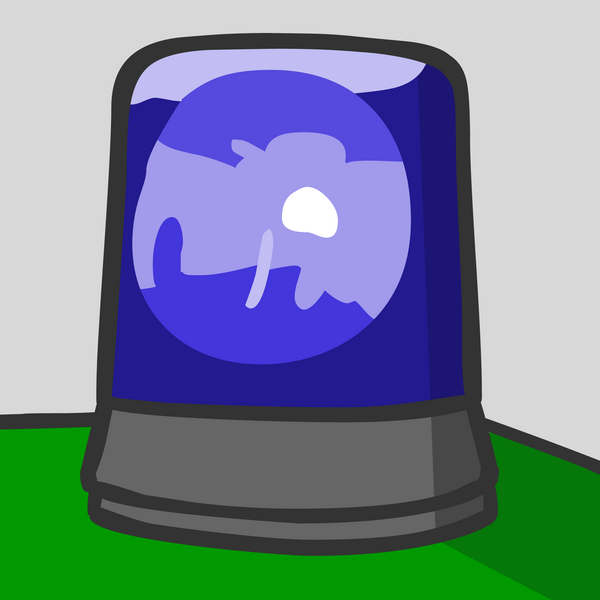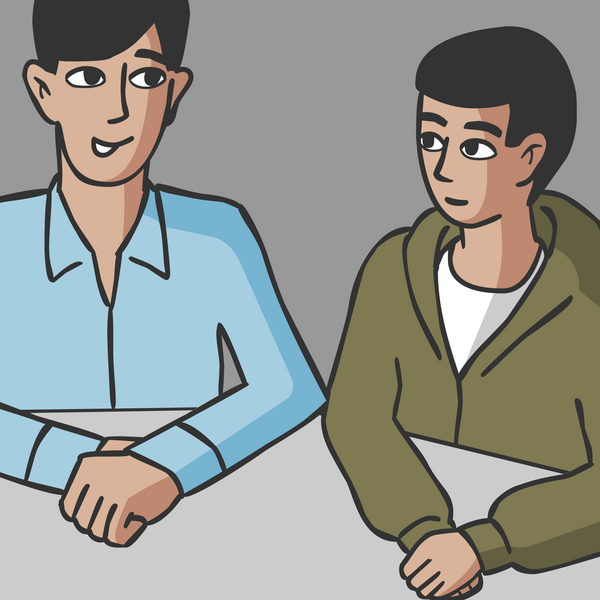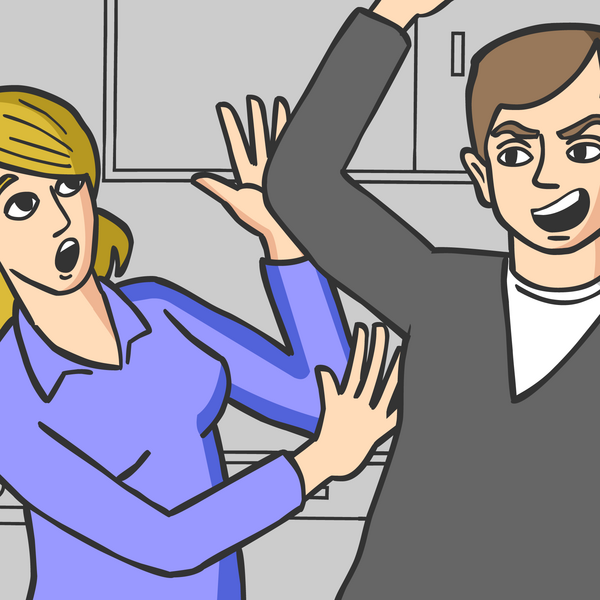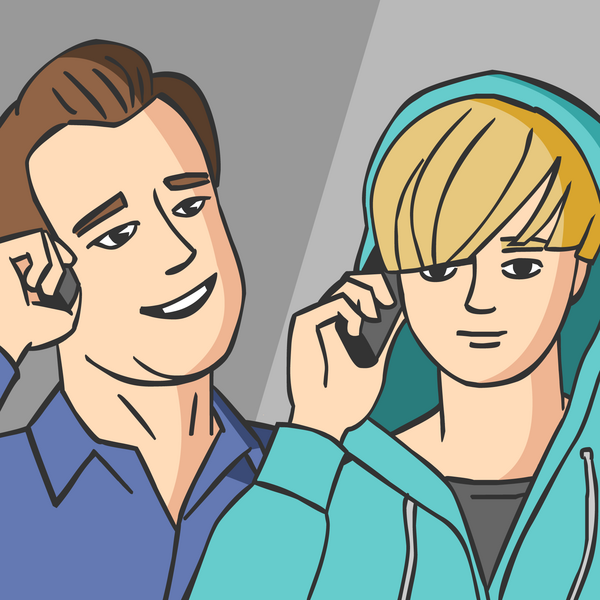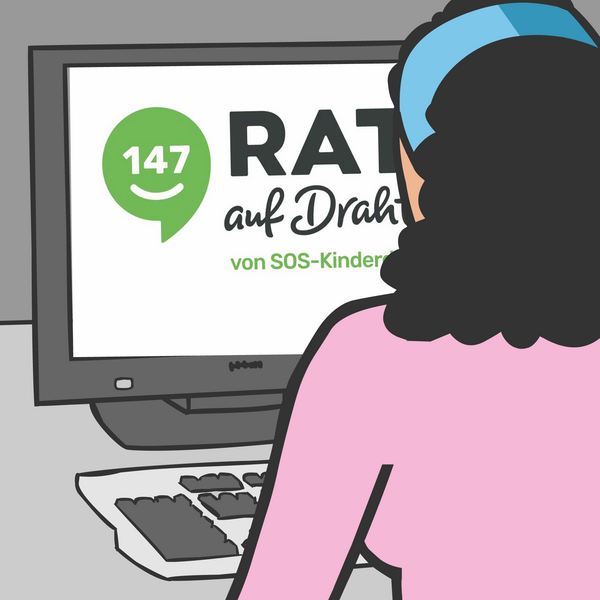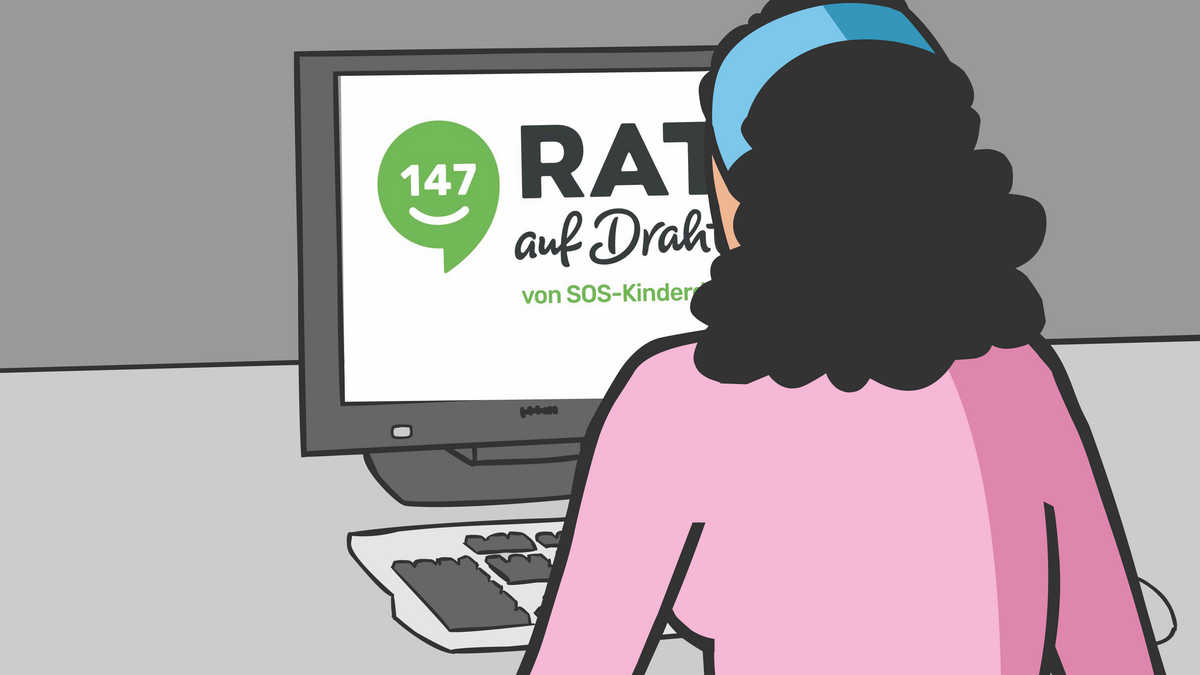Who can help me? Interview with Alina K. from the Kinder und Jugendanwaltschaften
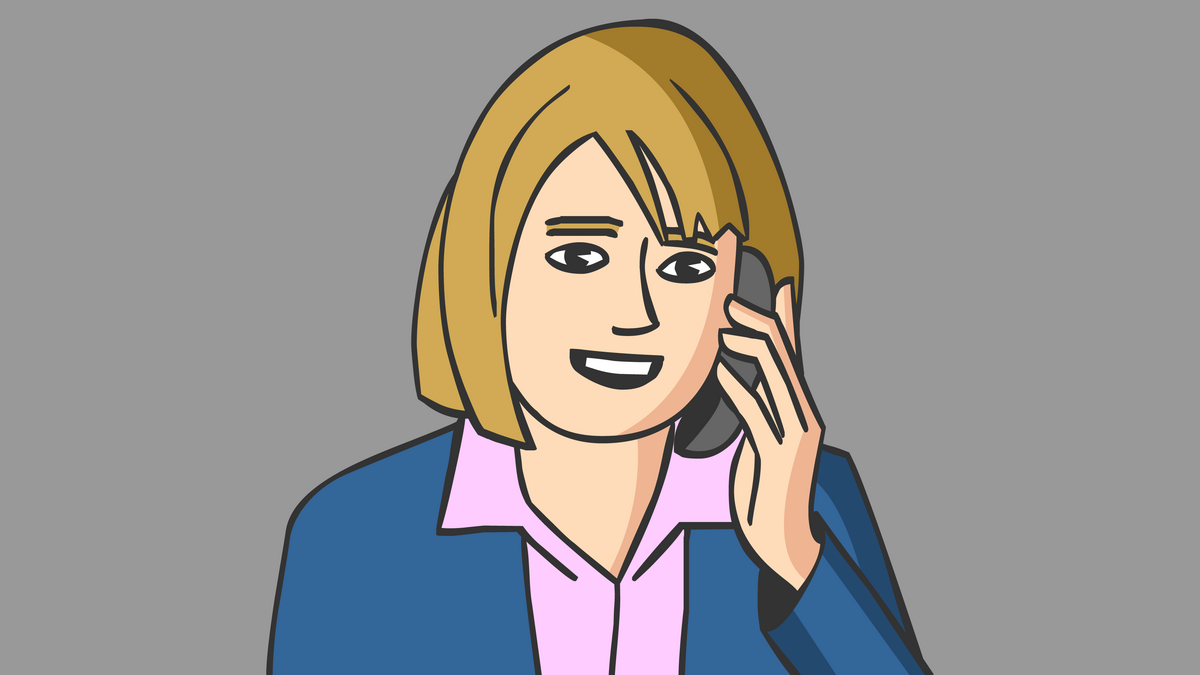
We spoke with Alina K. from the Kinder und Jugendanwaltschaften (KIJA), which has an office in every province.
The Kinder und Jugendanwaltschaften (KIJA) are independent centres for children. They mediate in the case of conflicts and offer children and juveniles rapid and unbureaucratic advice and support in difficult situations, including violence in the family.
Information about Kinder- und Jugendanwaltschaften and the addresses and telephone numbers can be found at www.kija.at.
How do children and juveniles who need help get in touch with the Kinder- und Jugendanwaltschaft?
Children or juveniles who call or visit us have often tried a lot of things already. They’ve talked with friends and siblings. They’ve asked their teachers or grandparents. Some have also asked their separated parents for help. They also get in touch with us in other ways or because they discover us on the Internet, www.kija.at. Sometimes it’s by word of mouth. Unfortunately, many juveniles have no trusted adult they can turn to. The Kinder- und Jugendanwaltschaft is the first place where they can talk about their problems.
Do you think it’s wrong to talk to friends or relatives?
People you know well and trust can basically provide good support. Talking about problems and worries makes many things clearer, and with the support and assistance of counsellors it’s easier to decide whether a change needs to occur immediately or whether there’s still time. This can be an important preliminary to the change or assistance. There are children and juveniles who, for a variety of reasons, can’t or don’t want to talk with siblings, friends or parents about their problems.
"All I can say is that you should and must seek help!"
In such cases, or in the case, for example, of violence in the family, it’s helpful to obtain professional support. What children and juveniles tell us is completely confidential, and it’s also possible to remain anonymous when talking with the Kinder- und Jugendanwaltschaft.
Does that mean that each person requires a different form of aid?
Yes, in principle. Every child or juvenile requires individual support and aid. No two stories are the same. What I find of importance is that every child or juvenile should know that help is available and that it’s all right if they need time before seeking aid. But the help is there, and they are not alone.
Are there children or juveniles who have particular difficulty asking for help?
Yes. Of course, many are emotionally torn. They have difficulty deciding whether they can trust someone or not. They love their families in spite, for example, of violent experiences and are thus seriously conflicted by this. In such cases it’s particularly important to encourage children and juveniles and make them realise that it’s the adults who are responsible and that violence is never their fault.
Do children and juveniles have difficulty talking about their problems?
Yes. For children and juveniles to seek out something as official as the Kinder- und Jugendanwaltschaft, the pressure and despair must already be great. They are sometimes encouraged by friends to come to us, and the friends often accompany them when they visit the KIJA for the first time. When they discover that they are being listened to and taken seriously, they are usually relieved to be able to speak openly about their feelings and experiences in a protected atmosphere. For us the interests and concerns of the children and juveniles are always our priority.
All I can say once again is that you should and must seek help!
Thank you for the interview.
You’re very welcome.

